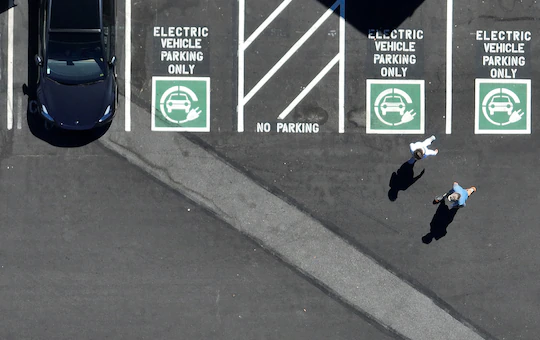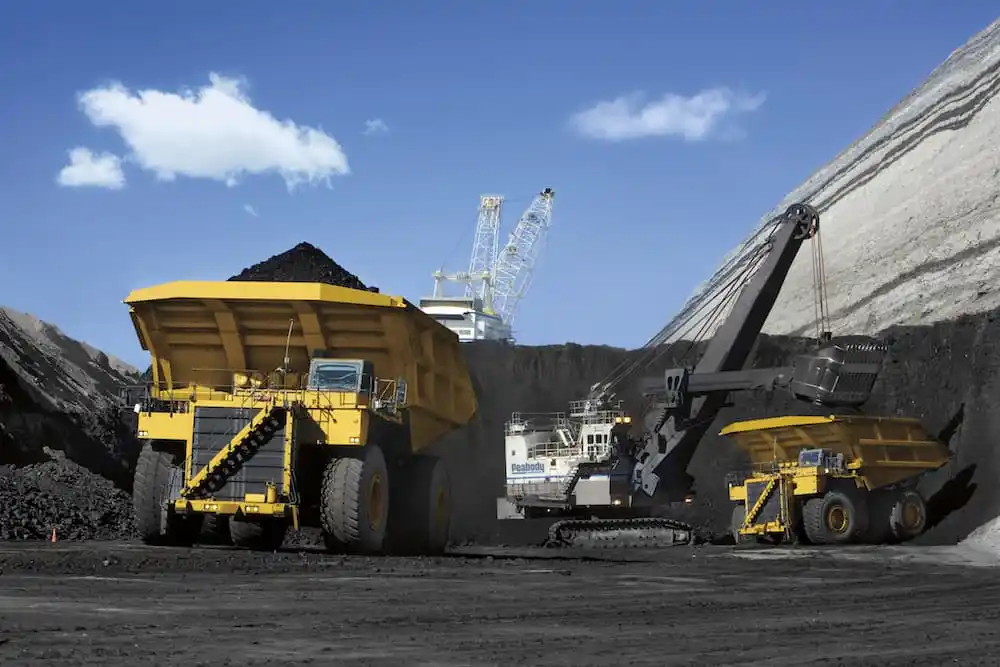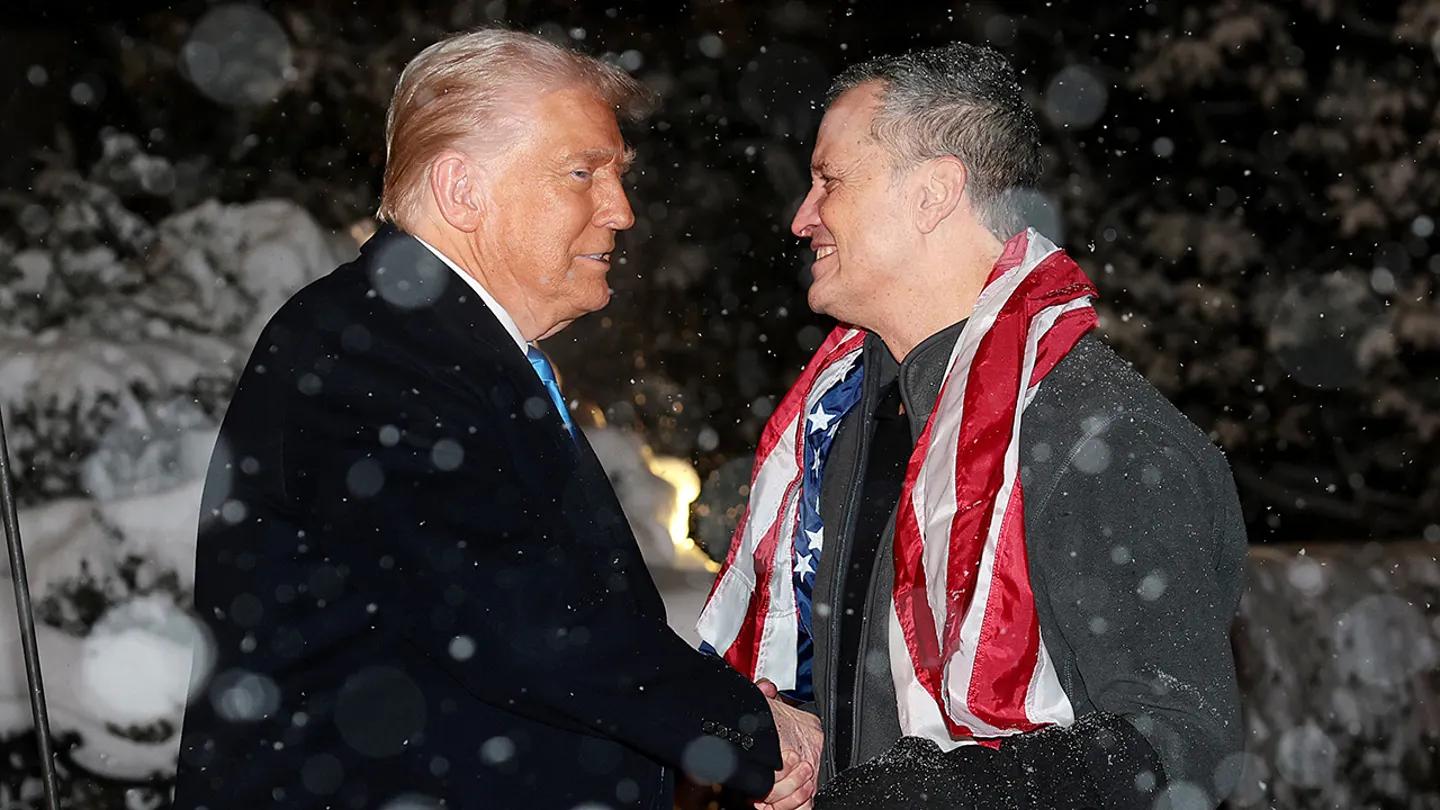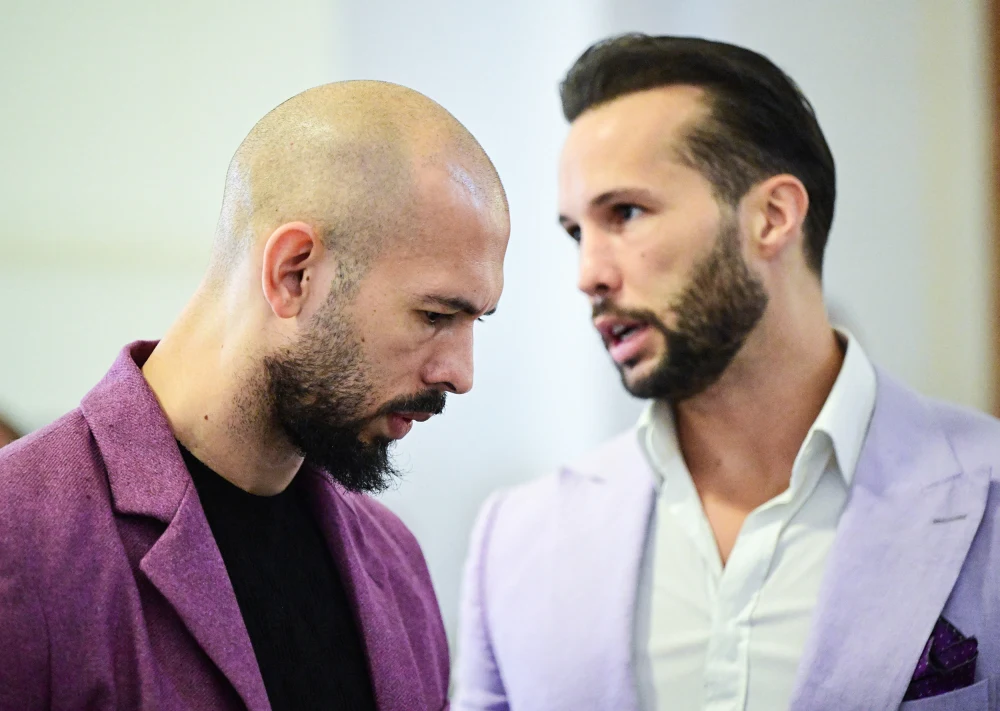Trump Administration Temporarily Pauses EV Charging Programs Amid Industry Uncertainty

In a significant move impacting the electric vehicle (EV) infrastructure development, the Trump administration has directed states to halt their plans for building fast EV chargers along highways.
The Federal Highway Administration (FHWA) issued a memo instructing state transportation departments to suspend the $5 billion National Electric Vehicle Infrastructure (NEVI) program, which was previously championed under the Biden administration.
The directive puts a temporary stop to states’ efforts to construct charging stations using federal funds. According to the memo, state-approved plans are now suspended until the Transportation Department provides new guidelines in the spring. The decision may affect states that have already committed resources, though existing contracts with charging companies will reportedly be reimbursed.
Industry experts warn this move could disrupt the expansion of EV charging infrastructure at a critical time when electric vehicle adoption faces challenges. Despite billions of dollars in approved grants, only 55 charging stations have been constructed nationwide. Ford Motor Co. recently projected a $5.5 billion loss in its EV and software sector, highlighting the financial hurdles automakers are facing.
Loren McDonald, an analyst at Paren, expressed concerns about the FHWA’s authority to suspend the program, hinting at potential legal challenges from states.
“I’m assuming the lawsuits from states will start soon,” McDonald said.
The Trump administration has consistently opposed federal programs that support the EV industry, criticizing them as part of a “Green New Deal” agenda. On his first day in office, President Trump signed an executive order seeking to terminate specific clean energy initiatives, including EV charger grants. While Tesla has benefited from federal grants, President Trump’s administration argues that cutting EV-related spending will reduce unnecessary federal expenditures.
The administration contends that reassessing the program ensures accountability and cost-efficiency in taxpayer-funded projects. By pausing the rollout, the government aims to evaluate the effectiveness of current EV infrastructure investments and streamline future operations.
Several states, including Rhode Island, Missouri, and Washington, have already confirmed pauses in their EV charging projects. Washington State, which was allocated $102 million under the program, stated that it is awaiting further information before proceeding.
Ryan Gallentine, managing director of Advanced Energy United, encouraged states to continue executing their projects despite the federal announcement.
“We call on state DOTs and program administrators to keep moving forward until new guidance is finalized,” Gallentine said.
The pause may affect consumer interest in electric vehicles due to concerns about charging accessibility. However, the Trump administration argues that a review is necessary to ensure efficient and responsible use of federal funds.
The Washington Post and Wired contributed to this report.







